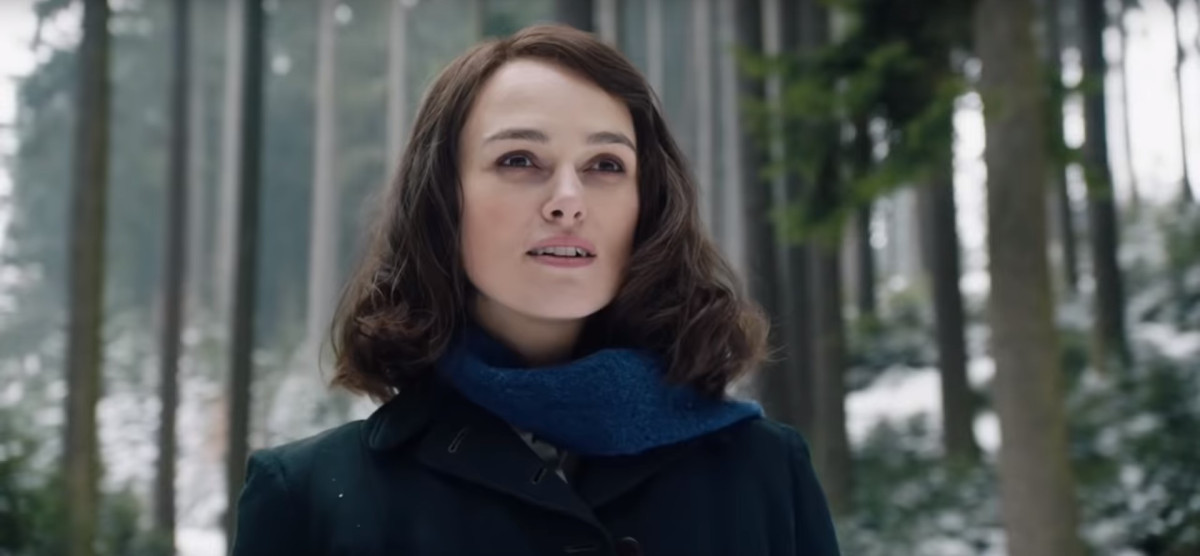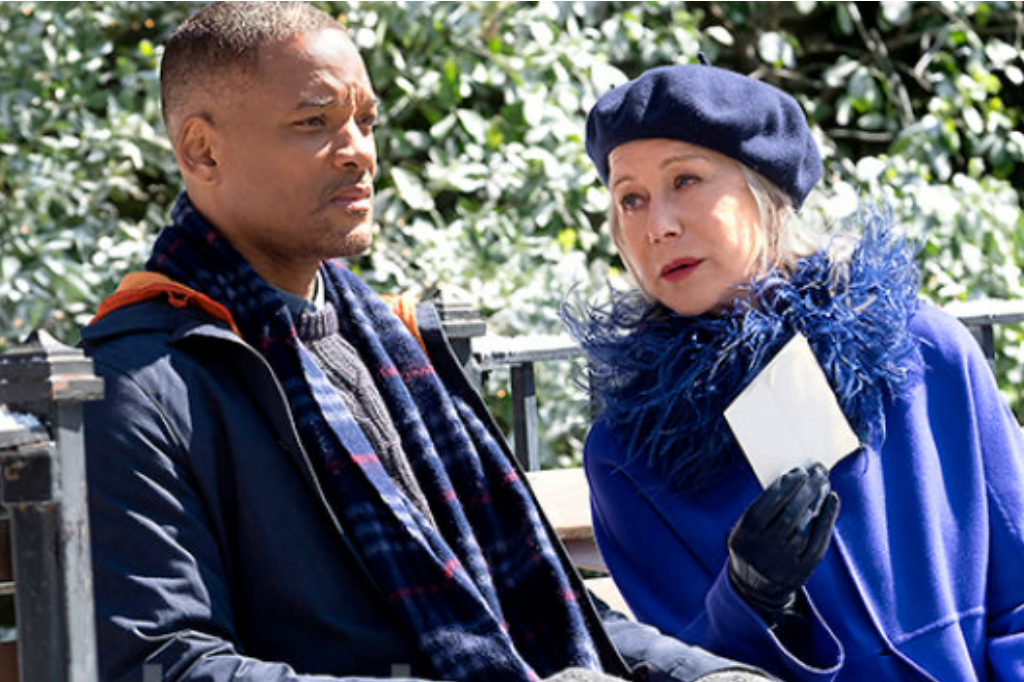Official Secrets
by Christie Robb
Director Gavin Hood grounds the shitshow that was the 2003 Iraq invasion in the intimate true story of the British Intelligence whistleblower, Katherine Gun (Keira Knightley).
Gun comes across an NSA email directing the British government to spy on smaller nations in the UN Security Council in order to blackmail them into voting for war. Attempting to avert an unjust war and save lives, Gun leaks the document to the press. But in doing so, she’s in violation of the Official Secrets Act.
The Observer’s front-page story, based on the email, makes international headlines. Unfortunately, it’s almost immediately delegitimized when an office drone tragically runs the article through spell check, changing the Americanized spelling of “favorite” to the British “favourite”—causing speculation that the entire email was a fake planted by the then-popular antiwar movement.
Gun confesses to the leak and is arrested, throwing her life into chaos. Knightley spends most of the film believably portraying a woman constantly on the edge of throwing up as she is bullied relentlessly by the state.
The film is praiseworthy in the way it covers a civilian taking a moral stand against a corrupt state.
Unfortunately, it’s also a bit unfocused, splitting attention between Gun,
her lawyer (Ralph Fiennes), and reporter Martin Bright (Matt Smith). Director Hood (Eye in the Sky, Ender’s Game) never manages to create a single narrative out of his multiple threads, making it tough to remain invested with any one particular storyline.




